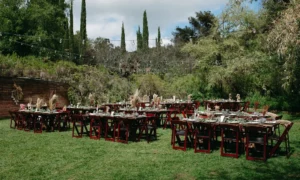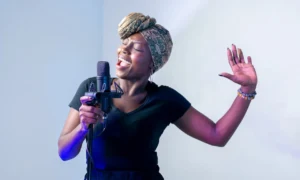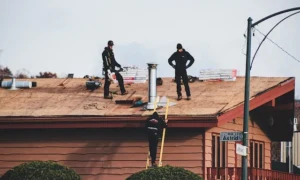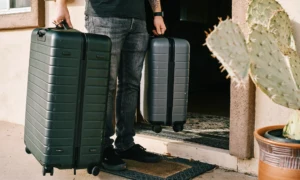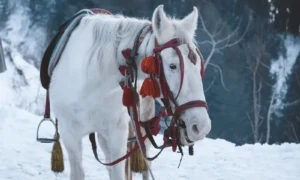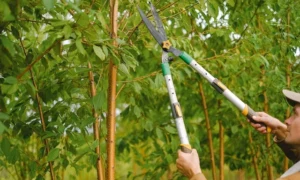In the world of mobile gaming, battle royale games have captured the hearts of millions of players worldwide. Two prominent names in this genre, PUBG and Garena Free Fire, have been locked in intense competition for players’ attention and loyalty. Recently, PUBG developer Krafton has made headlines by filing a lawsuit against Garena Free Fire, alleging copyright infringement and unfair competition. This legal battle between the two gaming giants has sparked significant interest and speculation within the gaming community.
Krafton’s lawsuit centers around the claim that Garena Free Fire, developed by Garena Studios, has copied elements and features from PUBG, infringing upon its intellectual property rights. The lawsuit alleges that Garena Free Fire has replicated various gameplay mechanics, character designs, and even the iconic “Winner Winner Chicken Dinner” phrase, which has become synonymous with PUBG’s success. Krafton asserts that Garena Free Fire’s actions constitute unfair competition and dilute the unique identity of the PUBG brand.
The legal dispute raises questions about the boundaries of intellectual property rights in the gaming industry. As battle royale games share certain fundamental concepts, such as large-scale player battles in an ever-shrinking map, it can be challenging to distinguish between genuine innovation and infringement. While game developers often draw inspiration from existing titles, there is a fine line between homage and outright copying.
The outcome of this lawsuit could have far-reaching implications for the gaming industry as a whole. It may establish legal precedents regarding the protection of intellectual property in the context of game mechanics, character designs, and other distinctive elements. Moreover, it could influence how developers approach game design and encourage greater originality to avoid potential legal entanglements.
Both PUBG and Garena Free Fire have amassed massive player bases and loyal communities over the years. While PUBG enjoyed initial success, Garena Free Fire has quickly risen to prominence, especially in regions like Southeast Asia, where it has gained a strong foothold. The lawsuit between these two giants has inevitably sparked debates among players, with opinions divided between loyalty to one game or the other and concerns about the impact on the gaming landscape.
As legal proceedings unfold, it is essential to remember that lawsuits of this nature are complex and multifaceted. They involve intricate analyses of intellectual property laws, evidence, and the interpretation of game elements. The court’s decision will rely on a thorough examination of the similarities and differences between the games and whether Garena Free Fire’s actions can be considered copyright infringement or unfair competition.
Regardless of the lawsuit’s outcome, it is worth highlighting the competition and innovation within the battle royale genre. PUBG and Garena Free Fire have each contributed to the evolution and popularity of this gaming style, attracting millions of players worldwide. While similarities may exist, both games also boast unique elements and dedicated fan bases that appreciate their respective experiences.
The lawsuit filed by Krafton against Garena Free Fire marks a significant moment in the gaming industry, drawing attention to the importance of intellectual property protection and fair competition. It serves as a reminder that game developers should strive to create original and distinct experiences while respecting the creative works of others.
As the legal battle unfolds, it is essential to respect the legal process and await the court’s decision. Whatever the outcome, this lawsuit serves as a reminder of the dynamic and competitive nature of the gaming industry, where developers continuously push boundaries to deliver immersive and engaging experiences to players worldwide.






